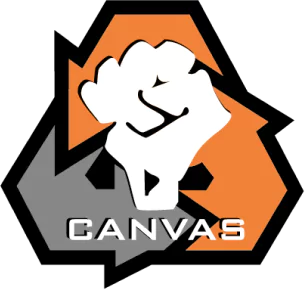Jun 26, 1944-1944
Guatemala
Protest Leading to the October Revolutionaries
Share
ACTIVISTS/ACT.GROUPS/DESCRIPTION OF THE GROUP
Federico Carbonel and Jorge A. Serrano, El Imparcial
TARGET
Ubico dictatorship
WIDELY HELD BELIEF
Dictatorial govts should be removed and democracy restored.
CASE NARRATIVE
Issue and opponent: In 1931, President Jorge Ubico started his rule in Guatemala with the help of the violent enforcement of the secret police. The campaign against the Ubico government started in May of 1944 with a petition of lawyers. The campaign continued through the summer, gaining more attention as Ubico’s regime responded with increasing violence. On June 25, Ubico’s soldiers killed schoolteacher Maria Recinos, which mobilized all of Guatemala City against him.
Dilemma Action: The actions of the President and the killing of Recinos led to the strike in the service, industrial, and commercial sectors of Guatemala City, Brazos Caídos (Fallen Arms). The citizens wanted to shut down the country’s economy and force the President to choose between allowing the strikes to continue, leading to an economic crisis, or using excessive force.
Outcome: In direct response to the strike, President Ubico ordered the deportation of foreigners who closed their businesses. He had members of the opposition follow, and their cars were taken away, and he initiated a police intimidation campaign under the enacted military law. The opposition addressed a letter to the President, stating their unanimous desire that he resign and return constitutional liberties. He resigned to end the petitions for his resignation and restore normalcy to the country on July 1, 1944. The people thought they had solved the problem, but he handed the power over to a military triumvirate, still blocking free elections in the country.
PRIMARY STRUGGLE/GOAL
NONVIOLENT TACTICS USED
DA TACTICS USED
General strike
CASE NARRATIVE WRITER
SUCCESS METRICS
9 / 12
(EREP) Dilemma action got replicated by other movements
(MC) Media Coverage
(MSYMP) Media coverage was sympathetic to the activists
(OR) Opponent response
(PS) Dilemma action built sympathy with the public
(PUN) Punishment favored the activists
(REFR) Dilemma action reframed the narrative of the opponent
(RF) Dilemma action reduced fear and/or apathy among the activists
(SA) Dilemma action appealed to a broad segment of the public
PART OF A LARGER CAMPAIGN
3 / 3
Activist group continued working together after the action
Encouraged more participants to join the movement
Internally replicated by the same movement
RESOURCES
Project documentation
Dilemma Actions Coding Guidebook
Case study documentation
Dilemma_Actions_Analysis_Dataset
SOURCES
Frundt, Henry J. 2009. “Guatemala, Democratic Spring, 1944-1954,” The International Encyclopedia of Revolution and Protest, April 20. Retrieved July 20, 2023. (https://onlinelibrary.wiley.com/doi/10.1002/9781405198073.wbierp0657).
Muñoz, Aurora. 2009. “Guatemalans overthrow a dictator, 1944,” Global Nonviolent Action Database. Retrieved July 20, 2023. (https://nvdatabase.swarthmore.edu/content/guatemalans-overthrow-dictator-1944).
Muñoz, Aurora. 2009. “1944: Guatemala General Strike Overthrows Dictator,” Reddebrek, November 30. Retrieved July 20, 2023. (https://libcom.org/article/1944-guatemala-general-strike-overthrows-dictator).
Grieb, Kenneth J. 1976. “The Guatemalan Military and the Revolution of 1944,” JSTOR. Retrieved July 20, 2023. (https://www.jstor.org/stable/979829).
bloquepopularjuvenil.org. Accessed April 15, 2022.
Lakey, George. 2012. “Central Americans vs. U.S. Empire–the Nonviolent Legacy,” Waging Nonviolence People Powered News & Analysis, July 10. Retrieved July 20, 2023. (https://wagingnonviolence.org/2012/07/central-americans-vs-u-s-empire-the-nonviolent-legacy/).
Related cases
May 11, 1983-1983
Chile
The target of this Dilemma Action was the dictator of Chile, Augusto Pinochet. Pinochet came to power after a coup in 1973, which ended the life of the elected sociali...
/
Jun 7, 2004-2004
Ecuador
In 2002, the Indigenous movement in Ecuador helped Lucio Edwin Gutierrez win the presidential elections. However, once Gutierrez was in office, he began to go back on ...
/
Feb 12, 2012-2012
Russia
In January 2012, Medvedev announced that Putin would once again be named President of Russia in November. This event showed many in Russia that their country was quick...
/
Subscribe to our newsletters to get full access to all materials on our website.

